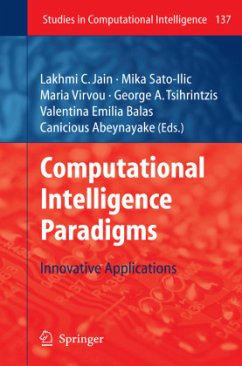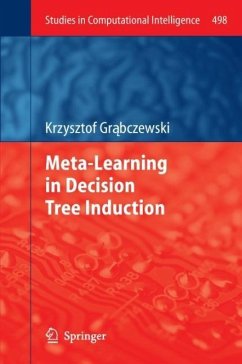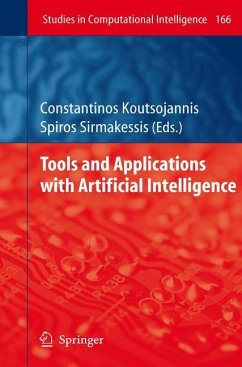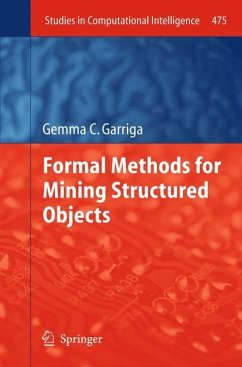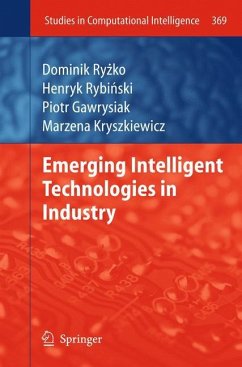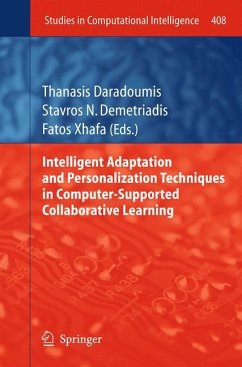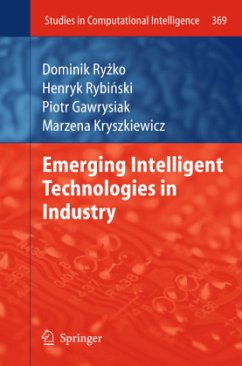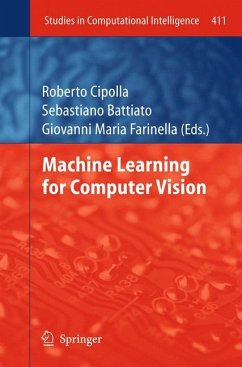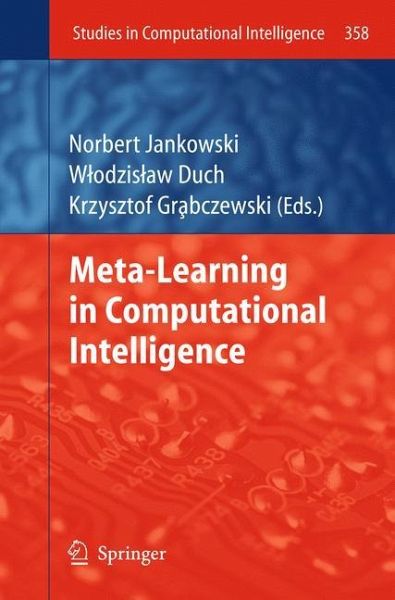
Meta-Learning in Computational Intelligence

PAYBACK Punkte
84 °P sammeln!
Computational Intelligence (CI) community has developed hundreds of algorithms for intelligent data analysis, but still many hard problems in computer vision, signal processing or text and multimedia understanding, problems that require deep learning techniques, are open. Modern data mining packages contain numerous modules for data acquisition, pre-processing, feature selection and construction, instance selection, classification, association and approximation methods, optimization techniques, pattern discovery, clusterization, visualization and post-processing. A large data mining package al...
Computational Intelligence (CI) community has developed hundreds of algorithms for intelligent data analysis, but still many hard problems in computer vision, signal processing or text and multimedia understanding, problems that require deep learning techniques, are open.
Modern data mining packages contain numerous modules for data acquisition, pre-processing, feature selection and construction, instance selection, classification, association and approximation methods, optimization techniques, pattern discovery, clusterization, visualization and post-processing. A large data mining package allows for billions of ways in which these modules can be combined. No human expert can claim to explore and understand all possibilities in the knowledge discovery process.
This is where algorithms that learn how to learnl come to rescue.
Operating in the space of all available data transformations and optimization techniques these algorithms use meta-knowledge about learning processes automatically extracted from experience of solving diverse problems. Inferences about transformations useful in different contexts help to construct learning algorithms that can uncover various aspects of knowledge hidden in the data. Meta-learning shifts the focus of the whole CI field from individual learning algorithms to the higher level of learning how to learn.
This book defines and reveals new theoretical and practical trends in meta-learning, inspiring the readers to further research in this exciting field.
Modern data mining packages contain numerous modules for data acquisition, pre-processing, feature selection and construction, instance selection, classification, association and approximation methods, optimization techniques, pattern discovery, clusterization, visualization and post-processing. A large data mining package allows for billions of ways in which these modules can be combined. No human expert can claim to explore and understand all possibilities in the knowledge discovery process.
This is where algorithms that learn how to learnl come to rescue.
Operating in the space of all available data transformations and optimization techniques these algorithms use meta-knowledge about learning processes automatically extracted from experience of solving diverse problems. Inferences about transformations useful in different contexts help to construct learning algorithms that can uncover various aspects of knowledge hidden in the data. Meta-learning shifts the focus of the whole CI field from individual learning algorithms to the higher level of learning how to learn.
This book defines and reveals new theoretical and practical trends in meta-learning, inspiring the readers to further research in this exciting field.





